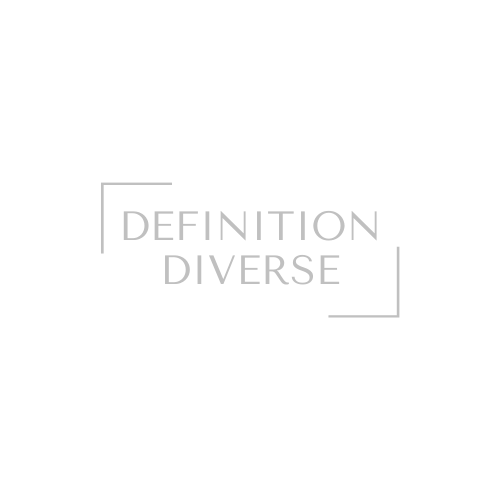At Definition Diverse we support much needed change to assist individuals with a diagnosis of autism and other neurodevelopmental conditions to enhance individual potential and quality of life.
Through collaboration with government agencies, organizations, and institutions, we advocate for greater access to evidence-based practices that support individuals and families across education, employment, mental health, and social development.
Our key priorities include:
🔹 Expanding Access to Proven Supports
Ensuring individuals and families can access high-quality, evidence-based interventions that promote positive outcomes in education, employment, and daily life. Caregivers play a vital role, and their involvement is essential in fostering development.
🔹 Enhancing Mental Health and Well-Being
Improving support for co-occurring conditions such as anxiety, ADHD, and mood disorders, as well as challenges related to sleep, gender identity, and vocational skills. Early intervention and preventative models are key to long-term success.
🔹 Strengthening Transitions from Education to Employment
Creating targeted programs and training to help individuals transition from secondary education to higher education and/or employment. Workplaces and schools should adapt to better support neurodiverse individuals, rather than expecting individuals to adjust alone.
🔹 Improving Employment Outcomes
Supporting young adults through career development, work-based learning, and tailored goal-setting to promote inclusive, competitive employment. Training educators and employers in person-centered approaches is essential for success.
🔹 Removing Barriers to Best Practices
Investigating challenges in adopting proven international approaches to ensure individuals and families receive the best possible support without unnecessary delays.
By addressing these areas, Definition Diverse strives to create a more inclusive society where neurodivergent individuals have the opportunities and support needed to thrive.
